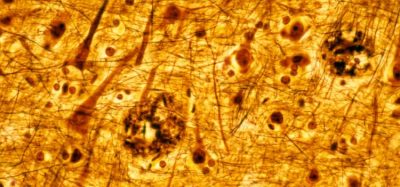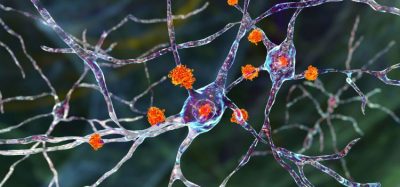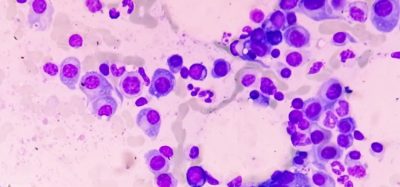Roche’s Kadcyla approved in the EU for advanced HER2-positive breast cancer
Posted: 20 November 2013 | | No comments yet
Kadcyla is indicated as a single agent for the treatment of adults with HER2-positive, unresectable locally advanced or metastatic breast cancer…
- More than 70,000 people in Europe each year are diagnosed with advanced breast cancer, of whom approximately one in five will have HER2-positive disease
- There is currently no cure for advanced breast cancer, and whilst in recent years the outlook has improved, further treatments are needed to help ensure people continue to have options when their disease gets worse
- In a clinical study people with HER2-positive advanced breast cancer who were treated with Kadcyla survived almost six months longer than those receiving the standard treatment of lapatinib and Xeloda
- Patients also experienced fewer of the severe side effects commonly associated with chemotherapy, as Kadcyla’s targeted mode of action works to deliver the treatment directly to cancer cells, limiting damage to healthy tissues
Roche (SIX: RO, ROG; OTCQX: RHHBY) today announced that Kadcyla (trastuzumab emtansine or T-DM1), the latest targeted medicine from its HER2 franchise and its first antibody-drug conjugate, has been approved by the European Commission for people with previously treated HER2-positive advanced breast cancer.
Specifically, Kadcyla is indicated as a single agent for the treatment of adults with HER2-positive, unresectable locally advanced or metastatic breast cancer who previously received Herceptin (trastuzumab) and a taxane, separately or in combination. The indication also stipulates that those treated should either have received prior therapy for locally advanced or metastatic disease, or have had disease recurrence during or within six months of completing adjuvant therapy.
“Kadcyla’s approval in the EU is important because this type of targeted medicine has been shown in clinical studies to offer clear benefits for people with advanced HER2-positive breast cancer,” said Hal Barron, M.D., Roche’s Chief Medical Officer and Head of Global Product Development. “Now that Kadcyla has been approved, we can begin discussions with the relevant EU reimbursement authorities to ensure that people who need this medicine can receive it as quickly as possible.”
The decision is based on results from the pivotal Phase III EMILIA study in which people previously treated with Herceptin and a taxane for their HER2-positive advanced breast cancer were randomised to receive either Kadcyla or a standard treatment, lapatinib and Xeloda (capecitabine). People receiving Kadcyla survived significantly longer than those who received lapatanib and Xeloda (30.9 vs 25.1 months) and also lived for nearly 10 months (9.6 months) without their disease getting worse, a median of 3.2 months longer than those who received lapatinib and Xeloda. They also experienced fewer of the severe side effects commonly associated with chemotherapy, as Kadcyla’s targeted mode of action works to deliver the treatment directly to cancer cells, limiting damage to healthy tissues.
About Kadcyla
Kadcyla is the third targeted medicine Roche has developed for the treatment of HER2-positive breast cancer. It is a type of medicine called an antibody-drug conjugate and it connects two anti-cancer properties: the HER2 inhibition of trastuzumab (the active ingredient found in Herceptin) and the cytotoxic chemotherapy, DM1. The trastuzumab and the DM1 are joined together using a ‘stable’ linker to deliver DM1 directly to HER2-positive breast cancer cells.
Roche licenses technology for Kadcyla under an agreement with ImmunoGen, Inc.
About the EMILIA study
The EU filing of Kadcyla is based on results from EMILIA (TDM4370g/BO21977), an international, Phase III, randomised, open-label study comparing Kadcyla alone to the combination of lapatinib and Xeloda in 991 patients with HER2-positive locally advanced breast cancer or metastatic breast cancer who had previously been treated with Herceptin and a taxane chemotherapy. Results include:











